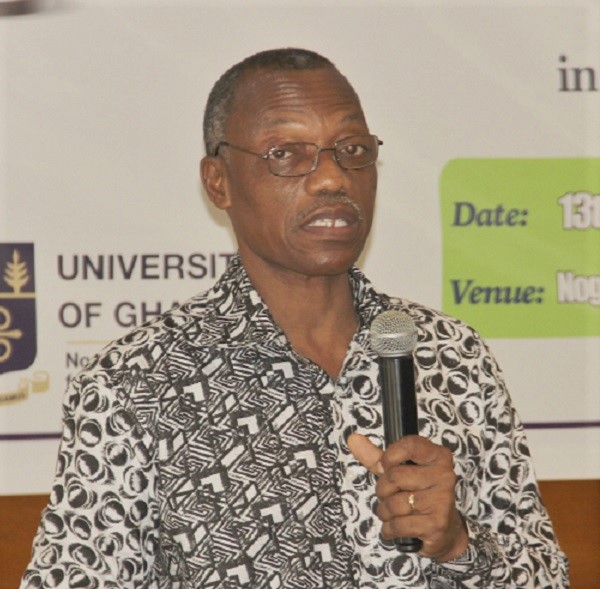
Health workers from 9 West African countries train in infectious diseases
Health professionals from nine West African countries have converged on Accra for a training programme aimed at improving disease surveillance and prevention in the sub-region.
During the eight-week programme which is expected to be intensive, health professionals will be trained in modern trends in laboratory technology and will enhance their skills in detecting and accurately diagnosing diseases, particularly, the infectious ones.
Advertisement
The Noguchi Memorial Institute for Medical Research (NMIMR) of the University of Ghana is organising the training programme with support from the Japan International Cooperation Agency (JICA).
Participants are from Ghana, Nigeria, Togo, Cote d’Ivoire, Guinea, Benin, Burkina Faso, Sierra Leone and Liberia.
After receiving the training, the participants are expected to also train other health professionals in their respective countries.
The training programme dubbed, “Third country training course on enhancing laboratory skills for infectious diseases in West African countries for post-Ebola,” is the second in the series to be organised.
Improving medical skills
At the opening ceremony, the Director of NMIMR, Professor Abraham K. Anang, said the world was currently in an era where infectious diseases were breaking out easily in different parts of the world.
He said it was critical for healthcare workers therefore to be well trained and equipped to detect and diagnose emerging infectious diseases in the sub-region.
“Under the circumstances there is need for functional medical teams comprising physicians, laboratory technicians and other health professionals who are a critical component of the healthcare system, not forgetting specialists in biomedical laboratory,” he said.
As part of the training being offered, he said the participants would learn best laboratory practices, biosafety and latest innovations in laboratory technology from technologists in the bacteriology, parasitology and virology departments of the NMIMR.
At the end of the programme, Prof. Anang said participants would be equipped to improve on the quality of diagnosis, treatment and prevention of infections at medical institutions or laboratories in their home countries.
He said Noguchi had been selected by the World Health Organisation (WHO) to carry out laboratory diagnosis of any suspected case of the coronavirus disease in the country and the West African sub-region.
Training is timely
The respective embassies of the participating countries have commended the initiative, saying it was critical and timely, especially, at a time when the coronavirus was on the “loose”.
The Minister Counsellor and Head of Chancery at the Sierra Leonean High Commission in Ghana, Mr Joseph S. Thornton, described the outbreak of Ebola in that country in 2013 as ‘fearful moments for its citizens’.
That notwithstanding, he said, the emergence of the disease helped them to detect weaknesses in that country’s health system and to find ways of strengthening the system to avert such occurrences.
While laboratory and medical systems were crucial in confronting cases of emergency, Mr Thornton said the requisite capacity and skills of personnel to handle the equipment and structures were equally critical in reducing or eliminating such diseases.
The Charge d’Affaires of the Nigerian High Commission in Ghana, Ms Esther A. Arewa, said the step taken to equip health workers with the needed skills to enable them to overcome diseases when they emerged was quite proactive and laudable.
“When a country is faced with an infectious disease epidemic it affects growth of the economy of the country. Africa needs to be fortified therefore to enable it fight infectious diseases that arise,” she said.
The Chief Representative of JICA, Mr Araki Yasumichi, said it was critical to secure sufficient healthcare workers and develop their abilities to drive the healthcare system efficiently.
The Provost of the College of Health Sciences at the University of Ghana, Prof. Patrick F. Ayeh-Kumi, who chaired the ceremony, said “human security and health are at stake,” hence the need for all hands to be on deck to find solutions to save humanity.